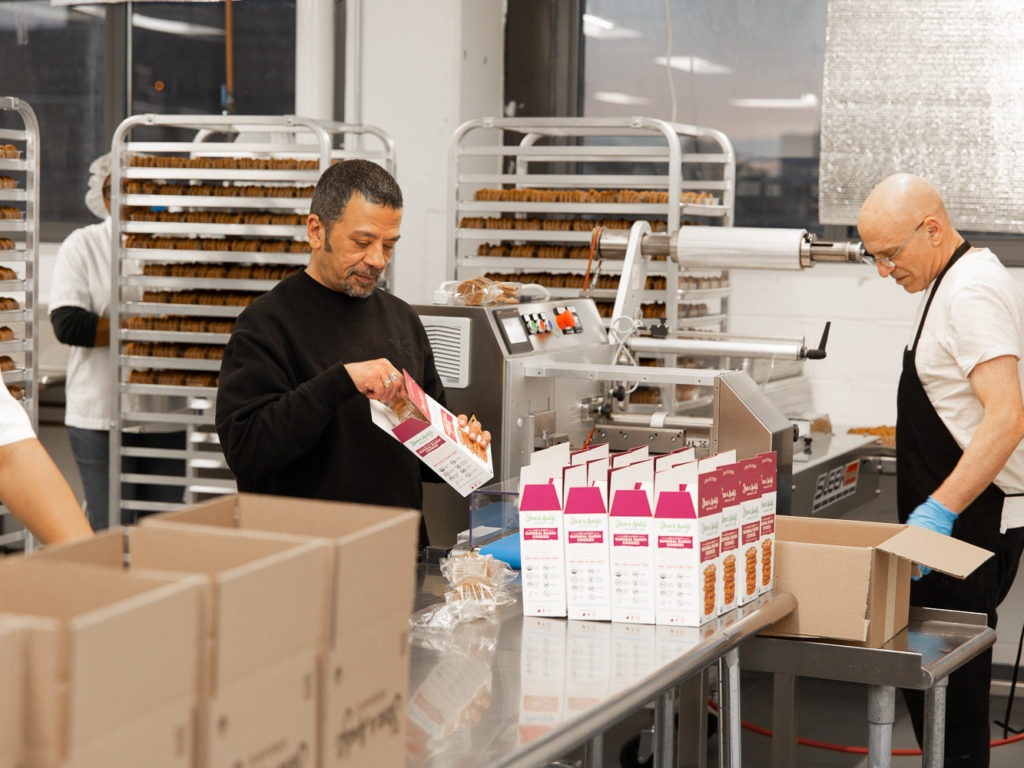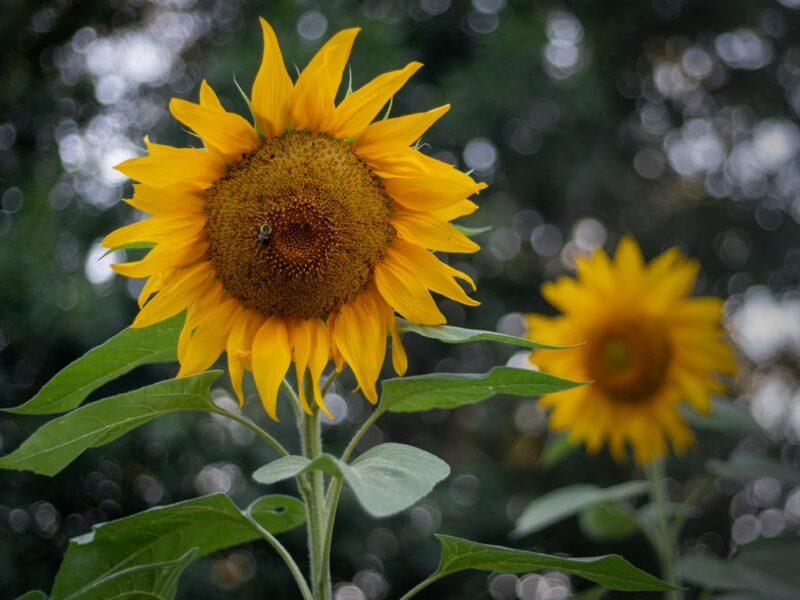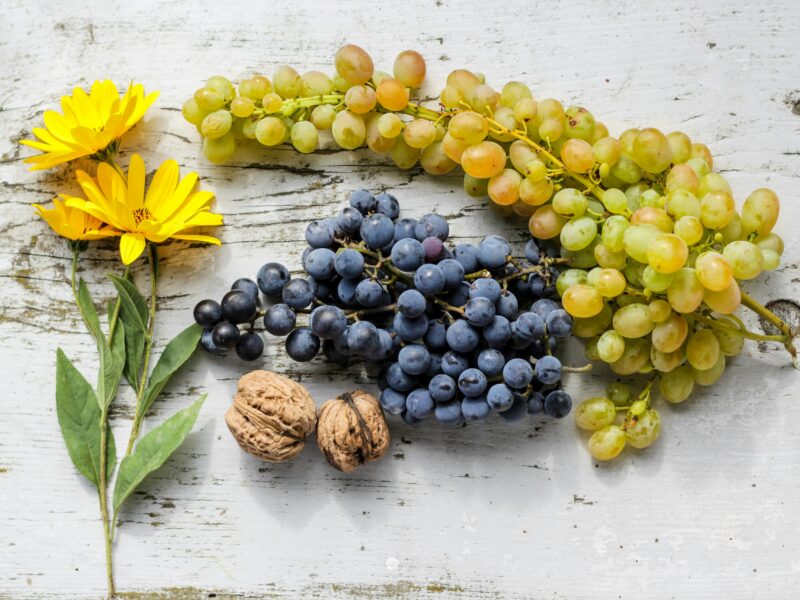Introducing Steve and Andy’s, a USDA-certified organic cookie brand. We are thrilled to share this new Only Organic brand partner with you in this exclusive interview. Steve and Andy’s believe in making the tastiest cookies with the highest quality, responsibly sourced ingredients. They are committed to being 100% organic baking in all of their recipes resulting in gluten-free, organic cookies with a richness in flavor, unlike anything you’ve ever had before.

Organic Pioneer: Arjan (Andy) Khiani
Organic Brand: Steve and Andy’s
Location: New York, NY
Why did you choose to create a certified organic product?
I wanted to create a brand reflective of my own way of living. Steve & Andy’s cookies are free of preservatives and artificial ingredients. All our cookies are USDA Organic and certified gluten-free. Baking with the highest quality, clean ingredients and infusing a sense of taste and style has created a beautiful combination otherwise lacking in the gourmet cookie category.
How long has your brand been certified organic?
The brand has been certified organic since we started our packaged business in 2012.
Is it difficult to source certified organic ingredients?
No, it is not difficult because certified organic ingredients are more readily available now than they previously were. The organic food market in the United States is growing, as is the number of certified farms in the U.S. This is expected to boost organic food production further increasing its accessibility and propelling the market growth.
What myth would you like to bust about being an organic food pioneer or the organic industry as a whole?
There isn’t any myth I would like to bust. I think it is important to embrace the realities of organic foods versus conventional foods; no solution is perfect. For example, there is a commonly held assumption that all conventionally grown produce is high in pesticides, however, that is not always true. You must trust the source and consider certain specific cases, such as the fact that onions and avocados tend to test low for pesticide residue so if you are going to choose a non-organic produce item for cost or other reasons, those are good conventional options.
What is the biggest challenge you face as an organic pioneer?
The definitions of all the terms can be confusing. What does USDA Organic mean? What is the difference between that and products that are certified non-GMO? What oils are bad for consumption / bad for the environment? There is a lot to consider and distilling all the definitions into something digestible for the consumer can be challenging.
Where do you see organic food, farming, and products in the next 5 years?
I anticipate an increase in organic products across the board and would be so bold as to say that 70% of shelves will be organic in the next five years.
What advice would you give to a younger generation of entrepreneurs looking to get into the organic industry?
Organic agriculture and food products in general offer so many benefits to consumers and to the planet. Don’t be intimidated by the number of new brands on the market carrying the USDA Organic certification. The fact that the category is growing is of benefit to new brands and should not be a deterrent. The more organic brands there are in the marketplace the more well-educated consumers will become about the certification and what it means. This is something to be celebrated!









